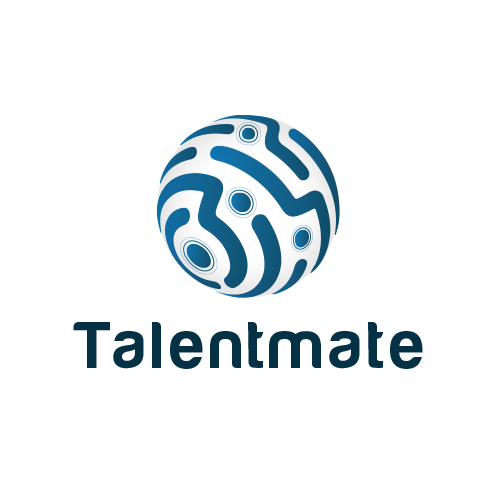
Technical content writer
Talentmate
India
10th September 2025
2509-9120-5
Job Description
Key Responsibilities
- Develop well-structured curricula covering foundational and advanced topics in quantum technology.
- Create step-by-step learning modules starting with basics in mathematics, physics, and chemistry relevant to quantum.
- Write theory, explanations, examples, exercises, and case studies to support the learning journey.
- Develop concept notes, course handbooks, slide decks, quizzes, and assessments
- Convert complex technical concepts into clear, accessible, and engaging learning material.
- Collaborate with subject matter experts (SMEs) in quantum computing, chemistry, materials science, and finance.
- Computational Chemistry – molecular simulations, protein-ligand docking, drug design.
- Drug Discovery – accelerating lead discovery, binding affinity prediction, quantum-enhanced screening.
- Material Science – battery materials, catalysts, superconductors, and electronic materials design.
- Finance – portfolio optimization, risk analysis, option pricing using quantum algorithms.
- Ensure all content is modular, practical, and case study driven.
- Incorporate illustrations, examples, and enterprise outcomes.
- Design progressive learning paths from beginner to advanced level.
Foundational Modules
Mathematics: linear algebra, probability, complex numbers, tensor products.
Physics: quantum mechanics basics – superposition, entanglement, operators, Hamiltonians.
Chemistry: electronic structure, molecular orbitals, reaction mechanisms.
Quantum Technology Fundamentals
Quantum computing basics: qubits, gates, circuits.
Quantum algorithms: VQE, QAOA, Grover’s, Shor’s.
Quantum machine learning foundations.
Quantum hardware overview: superconducting qubits, trapped ions, photonic systems.
Domain-Specific Applications
Computational Chemistry & Drug Discovery -
Quantum simulations of molecules.
Protein-ligand docking with quantum accuracy.
Drug target prediction.
Material Science
Designing new battery/electrode materials.
Quantum-enhanced material property prediction.
Finance
Quantum optimization for portfolios.
Monte Carlo simulations on quantum devices.
Risk management use cases.
Capstone & Enterprise Use Cases
Real-world case studies from industry leaders.
Hands-on project ideas for learners.
Business outcomes of adopting quantum technology.
Requirements
Strong background in technical content writing or instructional design.
Graduate/Postgraduate degree in Physics, Mathematics, Chemistry, Computer Science, or related fields.
Prior experience creating educational content, MOOCs, or technical documentation.
Ability to simplify complex concepts for diverse learners.
Familiarity with quantum computing frameworks (Qiskit, etc.) is a plus.
Excellent command of written English and strong research skills.
Passion for education, science communication, and emerging technologies .
Understanding of current trends in quantum technology applications .
Ability to design interactive and engaging course material (videos, slides, quizzes).
Job Details
| Role Level: | Mid-Level | Work Type: | Full-Time |
|---|---|---|---|
| Country: | India | City: | Hyderabad ,Telangana |
| Company Website: | http://www.cloudangles.com | Job Function: | Design & Creative Arts |
| Company Industry/ Sector: |
Technology Information and Internet | ||
What We Offer
About the Company
Searching, interviewing and hiring are all part of the professional life. The TALENTMATE Portal idea is to fill and help professionals doing one of them by bringing together the requisites under One Roof. Whether you're hunting for your Next Job Opportunity or Looking for Potential Employers, we're here to lend you a Helping Hand.
Similar Jobs
Disclaimer: talentmate.com is only a platform to bring jobseekers & employers together. Applicants are advised to research the bonafides of the prospective employer independently. We do NOT endorse any requests for money payments and strictly advice against sharing personal or bank related information. We also recommend you visit Security Advice for more information. If you suspect any fraud or malpractice, email us at abuse@talentmate.com.








